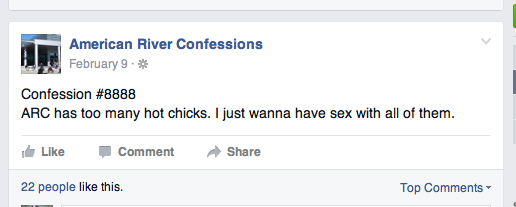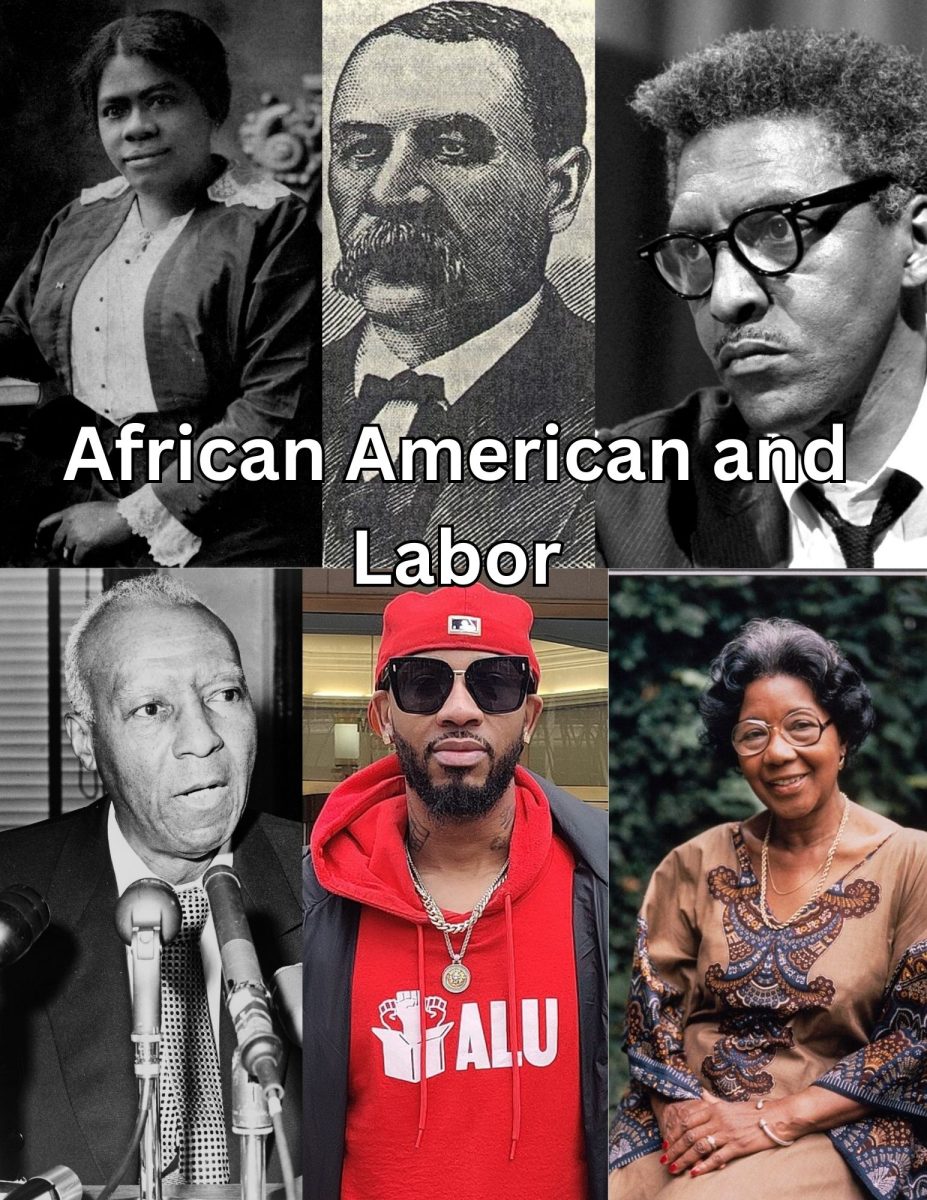
Whether one is browsing the American River Confessions page on Facebook or following the scores of scandals coming out of university fraternities, it is increasingly hard for college students and young people to not notice what psychologists are calling the “hookup culture.”
The largest problem with the hookup culture is that it is predicated on treating other people as objects or products we consume, and this leads to a lot of unhappiness and confusion, especially in young people.
The hookup culture can be loosely defined as an attitude that it is a healthy and good thing to have sex outside of a committed relationship of some kind.
Immanuel Kant, the Enlightenment era philosopher, said that we should never treat other people as a means to an end, but only as ends in themselves.
What the hookup culture does is just the opposite. The steps of loving someone and getting to know them are thrown out (or at best, delayed) and the other person is used as a means to sexual pleasure.
This is so pervasive that members of Virginia fraternity put up three signs to greet incoming freshmen and their families: “Hope your baby girl is ready for a good time, “Freshman daughter drop off,” and “Go ahead and drop off your mom too…”
Obviously, it would be surprising if anyone took these men up on their offers. But in an exaggerated way, the incident sums up the hookup mentality that sex is about proving masculinity and “scoring.”
The rape culture that is often criticized among young males stems in part from this view of sexuality. What’s the point of consent if keeping up with the boys is on the line?
When sex is used only to boost one’s ego, what happens to the other person? Well, the hookup culture already has a term for that: “hit it and quit it.”
The carnage of the hookup culture is plainly visible. According to a 2013 article in the “Journal of Sex Research,” more hookups correlated to increased anxiety and depression and lower self-esteem.
The solution to this problem is not puritanism, but rather an understanding that desires have to be put in order. Sexual desire has to come after the desire to grow in love with the other.
One common justification for the hookup culture is the fact that the average age of marriage is moving up and the average age of puberty is moving down, implying that people need an outlet for their sexual urges.
But while it is true that people have a psychological desire for sex, as Abraham Maslow observed in his hierarchy of needs, it is also true that in most areas we accept checks on our desires.
For example, we all have needs and desires for sleep, but try using that as an excuse for being late for work every day. We have needs and desires for food, but we know that overeating and eating wrongly lead to health problems.
It appears that while in almost every other area of life we consider restraint and discipline to be healthy, it is considered unhealthy in sexuality.
We are not animals, but are rational human beings capable of treating each other as such. It’s about time that begins.








Brad Carps • Sep 23, 2015 at 12:12 pm
The demand that sex is only acceptable within the confines of a relationship is problematic for two reasons: it establishes sex-negative norms about what sex is acceptable; and it conveniently ignores the fact that nearly everyone masturbates.
Also, while misogyny is a huge problem in this country, I think it requires more nuance than simply explaining it through Kantian objectification. Sociology offers useful tools for understanding structural power dynamics above and beyond individual philosophical perspectives.